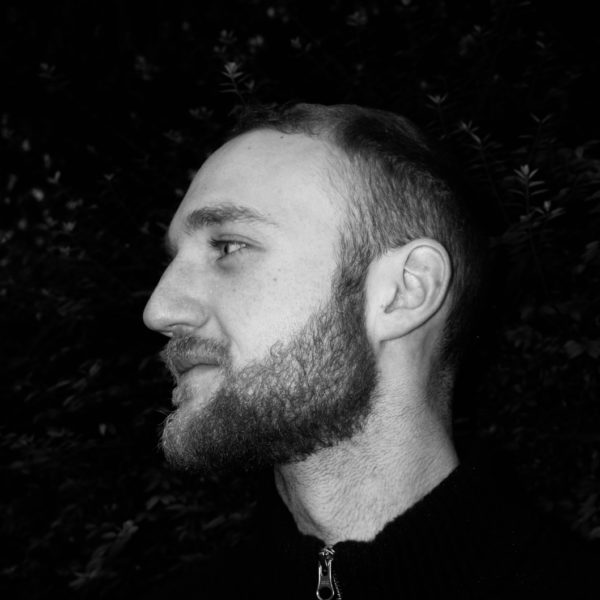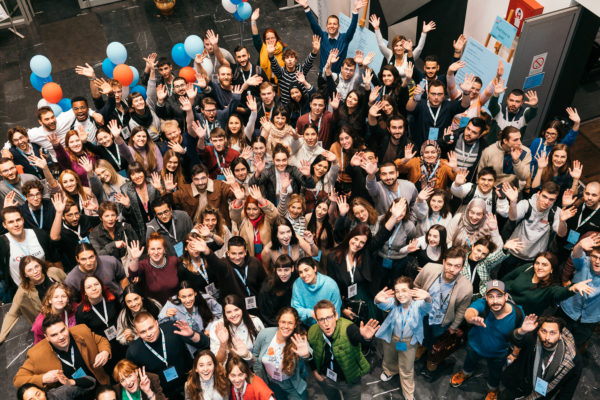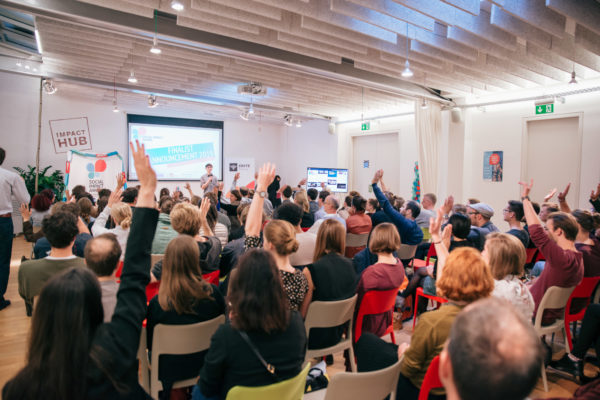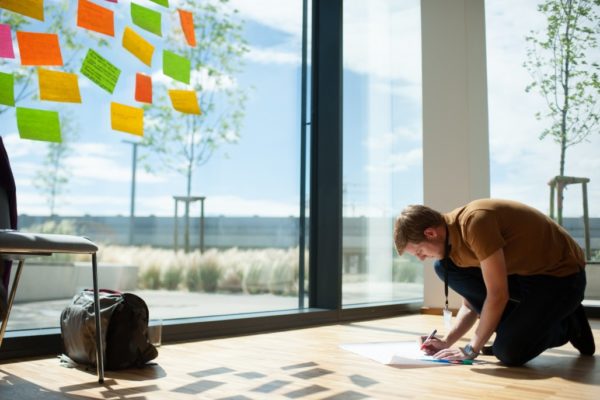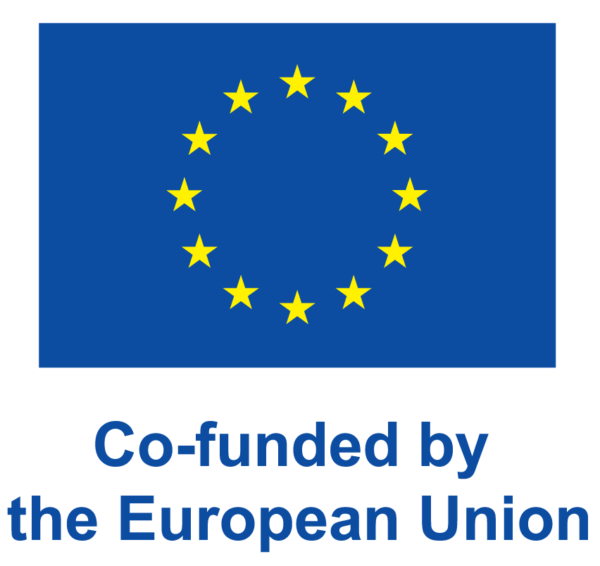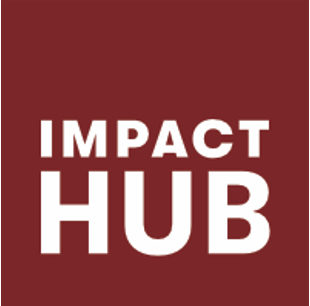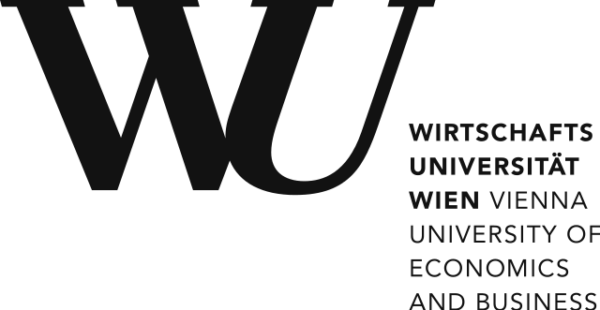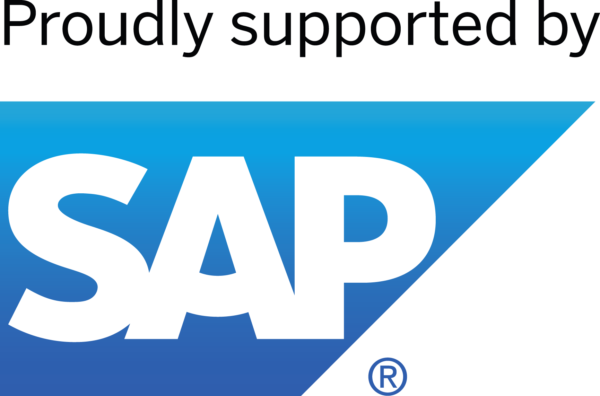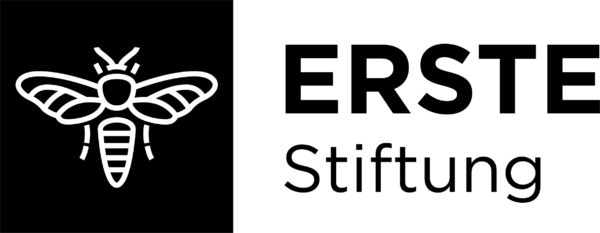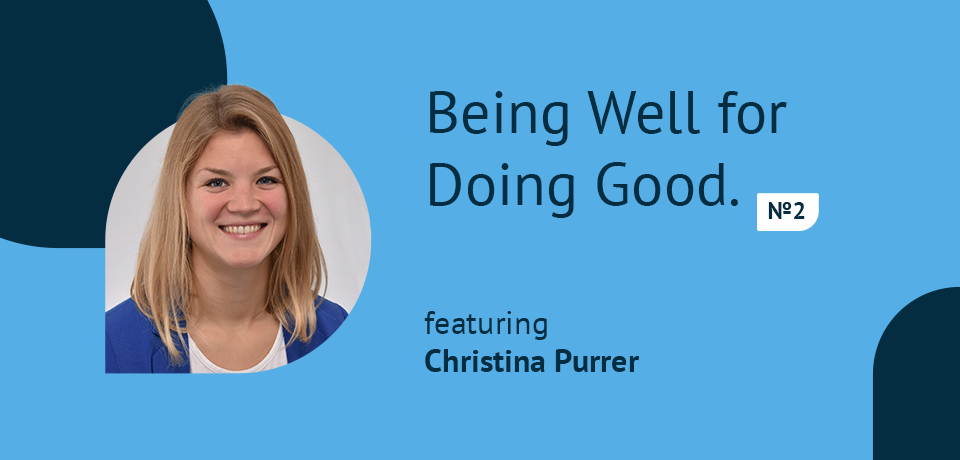
Finding peace throughout the social entrepreneurship rollercoaster — Being well for doing good
In conversation with Christina Purrer, founder of Weltkindernetzwerk and project manager at Hil-Foundation. Welcome to the second episode of the Being Well for Doing Good series! Created in partnership with […]
In conversation with Christina Purrer, founder of Weltkindernetzwerk and project manager at Hil-Foundation.
Welcome to the second episode of the Being Well for Doing Good series!
Created in partnership with the non-profit Hil-Foundation, this series will tell the stories of alumni from Social Impact Award around the world, and their journeys with well-being.
Unfortunately, social entrepreneurs are often faced with intense stress and high risk of burnout. With this in mind, we at SIA have worked to put well-being at the heart of our work, to cultivate a healthy attitude towards social entrepreneurship amongst our participants.
This week, we sat down with Christina Purrer, founder of Weltkindernetzwerk and project manager at Hil-Foundation. Christina’s drive to bring about positive change has taken her on an explorative journey with well-being: from personal motivations, strengths and practices, to a more systemic understanding of well-being and change, she has kept an open mind to question, explore and go deeper into her own inner work.
We hope you enjoy. Let us know your thoughts in the comments below!
Tell us a little bit about yourself, and what your venture Weltkindernetzwerk was all about!
My name is Christina, I’m a SIA Austria Alumna from 2016 and the founder of the Weltkindernetzwerk (world children’s network in English), where we organized child care for families with a refugee background. Unfortunately, we did not have enough people responding to our offer so we decided to shut the project down when I finished my Masters.
I now work with Hil-Foundation, where we support people with few opportunities to lead their lives with self-determination. Another focus area is mental health and self-care: together with SIA, we have created a program to introduce well-being as a central topic in incubator and accelerator programs.
What got you into the topic of well-being? Why is it important to you personally, beyond the approach of Hil-Foundation?
When I participated in SIA, the topic was not in my mind that much. I had passion, energy, and I wanted to change the world. In 2017, I took on a job in Germany where I worked with refugees who had been denied their asylum and had to go back to their countries of origin. Not only was this very psychologically challenging in itself, it was also a pilot project, which meant lots of uncertainty, lots of missing structures, etc.
I went through too many sleepless nights and too much anxiety, and ultimately broke down. I started questioning my inner drive and motivations of making an impact, asking myself questions like “Is it healthy for me to have this drive? Is there something wrong with it?” and so on.
What did you find out through this questioning? And how did you get back to stability?
I had previous experience with meditation, which helped a lot. I started journaling every day, and wrote down little things that gave me joy, like “I went for a walk, I picked some flowers, etc.” I also went through a full therapy process, which played an important role in getting me back on track. Even though I felt ashamed to ask for external help, I knew I needed it, and it was an act of self-love to go forward with that process. I also started writing some poetry.
It’s very common for us social entrepreneurs to push ourselves too far. Many of us tend to adopt the mindset that we need to carry the world on our shoulders. In the process of introspection you went through, did you get any insights as to why we feel this sense of responsibility that so often leads to burnout?
I think we’re very influenced by the environment we grow up in, from our family setting to our values. My father was always very ambitious, with a fierce desire to drive change, which was passed onto me while growing up. I was also bullied in school because I had good grades and was considered “uncool”. Back then I was often excluded, and I think this in part led to my interest for anti-discrimination and integration. On top of that, I had a friend at 14 who was a refugee from Nigeria, and I did an internship at 17 on the topic. This all gave me more empathy for the people who came to Austria and were discriminated against while they tried to integrate themselves.
Studies show that lots of changemakers have themselves suffered some kind of pain, which creates a deeper motivation to solve the problem that hurt them. It also leads to a high personal identification with work, which can be risky.
How do you currently relate to well-being, now that you’ve gone through all these experiences?
The position I want to take in the social change sector changed quite drastically over the last few years. At first, I wanted to be with the visionaries in the spotlight. Over time, I realized that this wasn’t for me because I was uncomfortable with constantly trying to “sell” my work. Now that I’m a bit more in the background, I feel much better, and I’m able to meet and connect all kinds of people while working on a wide variety of projects. I think a big part of supporting your own well-being is about finding your niche and your rhythm.
It also depends on what is most meaningful to you. If you think that your only purpose in life is creating impact with your work, you will quickly find yourself in a difficult situation. A nice evening with friends or singing in a choir for example can also be meaningful, even impactful, in its own way.
You’re exposed to networks from the inside, so I imagine you must be very aware of what coverage well-being is receiving nowadays. How do you envision social entrepreneurship will change in the future with regards to well-being?
I see a big connection between well-being and collaboration. I think that deeper collaboration helps with well-being – and the other way around. If you feel like you’re the only one who can change the world, you will inevitably burn out.
Inner work will help you take the pressure off of yourself. This, in turn, will make it easier for you to delegate tasks and responsibility and to work more collaboratively (the Wellbeing Project Research Report dove into this correlation in detail, it’s very interesting). Social ventures also often compete with each other to solve similar problems. Collaborating and spreading responsibility on more shoulders will really help take pressure off. If your venture fails, you won’t blame yourself personally if you see the broader web that led to this point.
I hope that people will take a wider view in their work in the future, really considering the whole system. I am convinced that we need (self-)caring collaborators rather than lone warriors in order to bring about systemic change.
In a study, entitled The Possibilists, conducted in 2021 by an alliance of 16 of the world’s leading youth social innovation networks, we found out that 54% of the more than 800 respondents experience a high risk of burnout. To ensure social entrepreneurs are supported, and adopt healthy work and team cultures, it’s crucial the entire social entrepreneurship ecosystem takes action on these findings. For more information on the study and other fascinating data, take a look at The Possibilists website.
